To provide the best experiences, we use technologies like cookies to store and/or access device information. Consenting to these technologies will allow us to process data such as browsing behaviour or unique IDs on this site. Not consenting or withdrawing consent, may adversely affect certain features and functions.
The technical storage or access is strictly necessary for the legitimate purpose of enabling the use of a specific service explicitly requested by the subscriber or user, or for the sole purpose of carrying out the transmission of a communication over an electronic communications network.
The technical storage or access is necessary for the legitimate purpose of storing preferences that are not requested by the subscriber or user.
The technical storage or access that is used exclusively for statistical purposes.
The technical storage or access that is used exclusively for anonymous statistical purposes. Without a subpoena, voluntary compliance on the part of your Internet Service Provider, or additional records from a third party, information stored or retrieved for this purpose alone cannot usually be used to identify you.
The technical storage or access is required to create user profiles to send advertising, or to track the user on a website or across several websites for similar marketing purposes.
 It is becoming increasingly clear that spending time in nature can benefit our mental health and wellbeing. But a new study shows that you don’t have to actually be in nature to reap the rewards. Simply directing your gaze towards natural elements, even in the middle of a city, can enhance wellbeing. Our paper, published in the journal People and Nature, used eye-tracking technology to explore how focusing on natural versus man-made elements affects mental health. (more…)
It is becoming increasingly clear that spending time in nature can benefit our mental health and wellbeing. But a new study shows that you don’t have to actually be in nature to reap the rewards. Simply directing your gaze towards natural elements, even in the middle of a city, can enhance wellbeing. Our paper, published in the journal People and Nature, used eye-tracking technology to explore how focusing on natural versus man-made elements affects mental health. (more…)









![Dear [employee]…Great job! Why AI may not give you the warm and fuzzies](https://workplaceinsight.net/wp-content/uploads/2024/03/OIG2-469x235.jpeg)

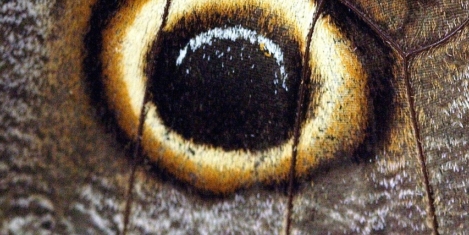
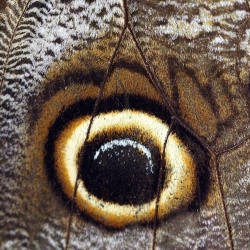
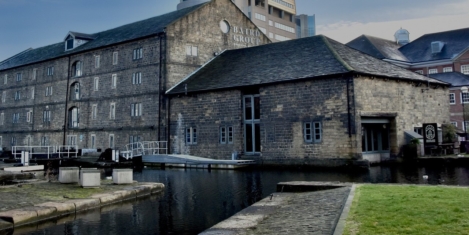
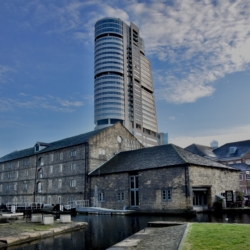
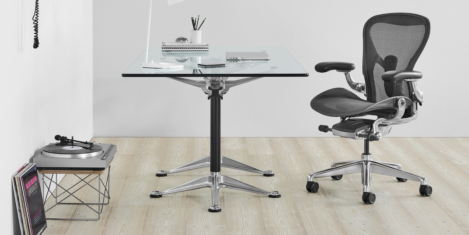
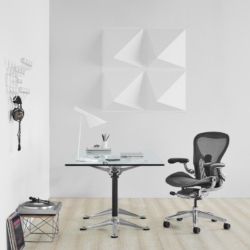






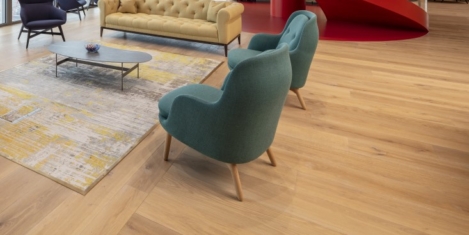
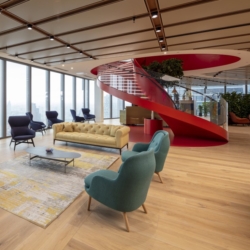









June 12, 2024
We need to find better ways to communicate and connect with customers in a distracted world
by Carol Howley • Comment, Technology